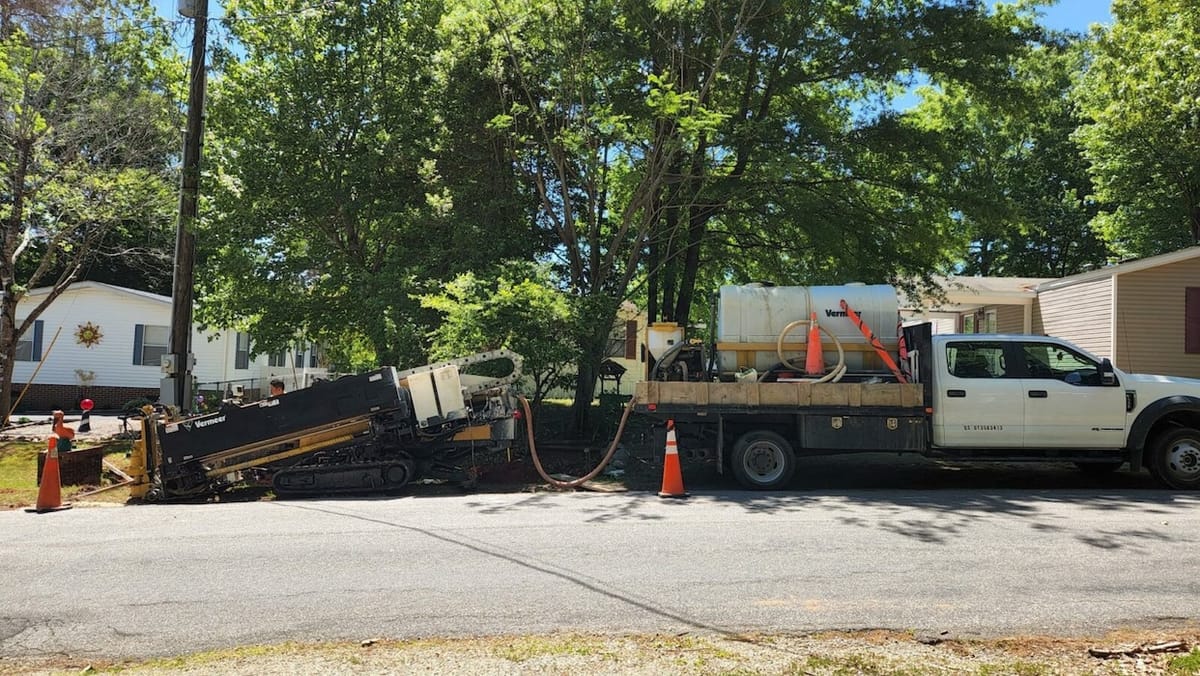EMPOWER Seeks Lighter FCC Financing Rules as Part of RiverStreet Deal
EMPOWER would be on the hook for a letter of credit equal to six years of subsidy support without a waiver.
Jake Neenan

WASHINGTON, July 11, 2024 – EMPOWER Broadband is asking the government to waive some financing requirements as part of its proposed takeover of thousands of subsidized broadband locations from RiverStreet, hoping to save millions of dollars in the process.
The transfer of 3,757 Virginia homes and businesses would put EMPOWER behind the Federal Communications Commission’s deployment deadlines for the 2018 Connect America Fund Phase II auction, which call for 80 percent completion by the end of 2024 and 100 percent by the end of 2025. The auction resulted in a total of $1.49 billion of support over ten years to more than 100 providers, which are slated to serve more than 700,000 locations.
EMPOWER has already built out to the 838 locations it won at the auction, but RiverStreet has faced “certain obstacles” that prevented it from meeting milestones in the areas that it is looking to transfer.
The FCC’s CAF II auction rules required companies not in compliance with those milestone requirements to maintain a letter of credit equal to at least the amount of CAF II money that has been disbursed for its locations plus the amount set to be disbursed in the next year, a total of six years of support for a letter secured in 2024. That typically involves putting an equal amount of cash up as collateral.
The FCC withheld some CAF II money from RiverStreet in 2023 as a result of its noncompliance, but EMPOWER is asking the agency to hand over that money as part of the transfer deal, which could put the company on the hook for a letter of credit worth $6 million – the default six years of subsidy support for its new total of 4,595 locations.
EMPOWER is asking to secure a letter of credit equal to three years of support, or about $3 million.
“The Commission should conclude that it would be unfair to impose the six-year letter of credit obligation on EMPOWER Broadband because the company’s non-compliance with CAF II deployment obligations is not a product of its own inability to meet these obligations,” the company wrote to the agency on July 5, pointing out the noncompliance is a result of its total obligations increasing as part of the deal rather than any slow-walking on the company’s part.
The company noted in its initial application that it expects to be able to get gigabit broadband to 60 percent of its new CAF II footprint by the end of 2024.
Other companies have asked, and received approval for, similar transfers of CAF II action locations, as well as the more recent RDOF program.









Member discussion